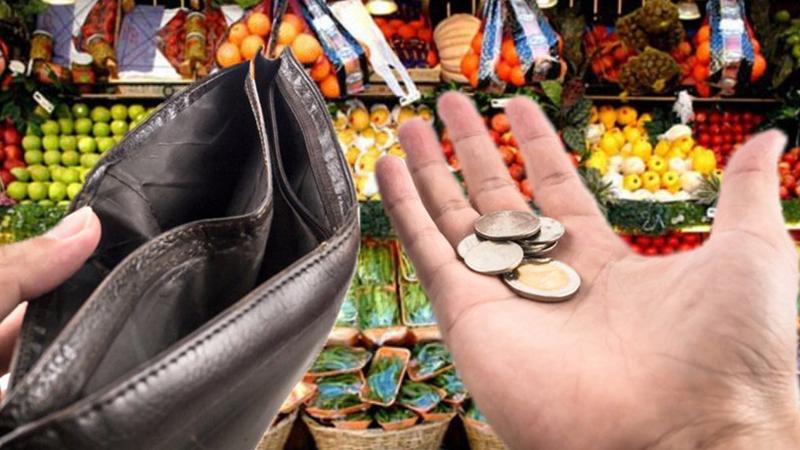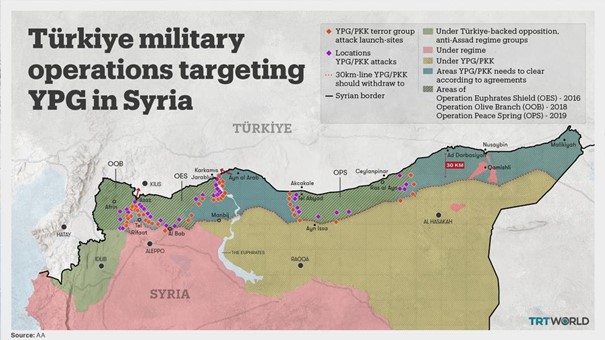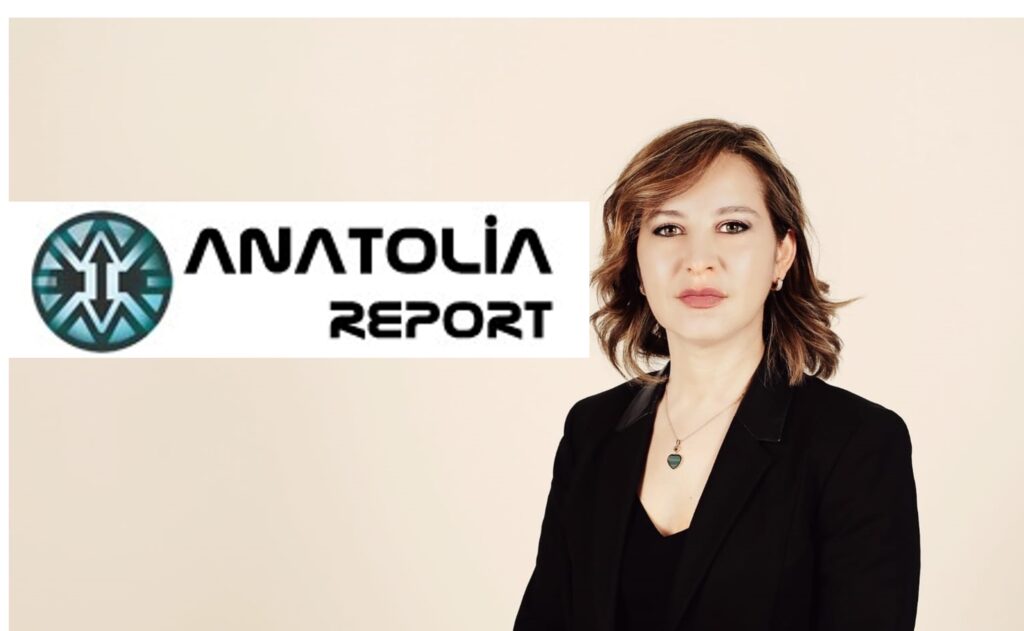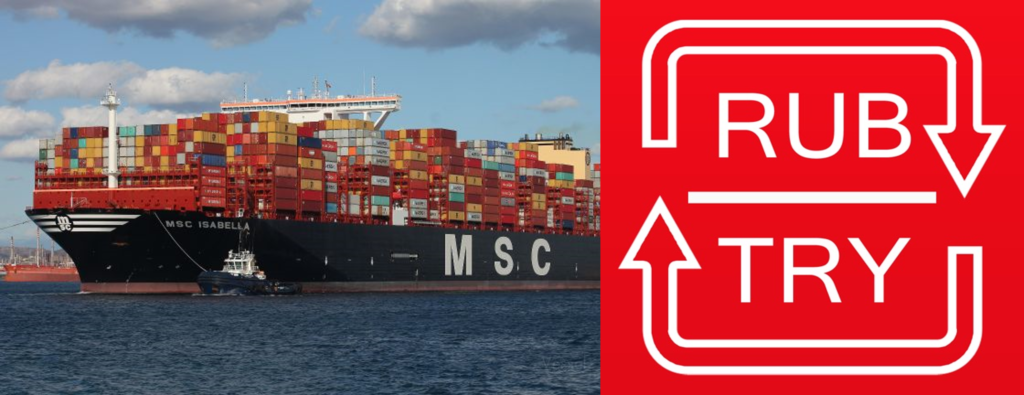Dr Binhan Oguz: The Storm Brought by Russia-Ukraine Crisis in Turkey’s Agriculture

THE STORM BROUGHT BY RUSSIA-UKRAINE CRISIS
IN TURKEY’S AGRICULTURE
By Dr Binhan Oğuz
March 15, 2022
While I start the article, unfortunately, I watch on TV channels that Russia continues to bombard the center of Kharkiv and a 60 km long Russian military convoy heads towards Kiev. Undoubtedly, the defense and energy aspects of the destruction, in which the world agenda is locked, are important, but the issue also contains undeniable risks in terms of agriculture and food, especially in the strategic product as wheat; 75 percent of the imports are made from Russia and Ukraine, but both countries are important position in Turkey’s exports…
THE PLEASURE OF BEING A FOOD PRODUCTION COUNTRY
Russia ranks 1st and Ukraine 2nd in Turkey’s Grain imports exceeding 3 billion USD. This index does not change for 678 million USD of Sunflower oil imports, again, Turkey is tied to these two countries in “crisis”. If we say barley instead of strategic wheat, the situation is similar again; Barley imports from Russia have exceeded 31% of the total.
Almost 20% of our chickpea imports come from Russia and Ukraine ranks 12th… In fact, our aim is to evaluate the negative effects of the current crisis on our agricultural product foreign trade with Russia and Ukraine, but inevitably, the results of our agricultural product imports from cereals to chickpeas are like shocking slap.
In 2018, I gave a support to the organization of a trade delegation to Toronto, Canada, and during the search for potential customers for this project my friends drew attention to Turkey dependence on Canada for Lentil imports, and similarly, we rebelled against the situation; You probably have read that 80% of Turkey’s lentil imports are from Canada.
Indeed, a person who has a little mind is questioning ”what is the aim, what kind of thought is the result of not producing, making the farmers and young people desperate for their lands that can produce… It’s not because I’m from a generation that grew up with the excitement of the “Domestic Goods week” activities, I’m just questioning this because the “Domestic Goods week” is almost the “Import Goods week” now and this is upsetting and worrying me.
However, being a producing country and realizing its wealth will not only delight the people of the country because they can produce and work, but also will be beneficial for the political decision makers on key issues such as the current account deficit, employment, and the fight against food inflation.
TENSION IN TURKEY’S FRESH FRUIT AND VEGETABLE EXPORT
While I was thinking that this crisis, which brought Russia and the West against each other, would affect the agricultural sector and Turkey… I was thinking about a project we did for an Exporters’ Association on the Development of Seed and Fresh Fruit and Vegetable Exports at the beginning of 2015; From Cotton Seed to Onion, From Tomato to Pineapple, we examined 38 products.
If we are questioning which regions or cities will be affected the most by the crisis we are experiencing, we go to the 2015 report again and we see what we say “TR61” composed by Antalya, Isparta, Burdur in the regional analysis, the vital importance of the Agriculture sector in the economy of the Region is indisputable.”
We wrote “In the analysis of the values of the region called TR61, Antalya, Isparta, Burdur, “The share of agriculture in GVA (Gross Added Value) is 17%, and the importance of its weight emerges Binhan Oguz
when compared to Turkey in general. While the GVA in agriculture in the TR61 region is 7.6 billion TL, the same value for industry is 8 billion TL.”
As BAKA Western Mediterranean Development Agency’s 2021 Economic Data report mentioned on page 43, Antalya, one of the TR61 provinces, has a 49% share in greenhouse vegetable production in Turkey and seems to be candidate to be one of the provinces that will be most affected by the crisis.
We noted in the 2015 report “while the world’s total imports of Fresh Fruits-Vegetables, Citrus, Seeds and Fertilizers amounted to 141.3 billion USD in 2013, within the scope of the same data, World Fresh Fruit-Vegetables, Citrus, Seeds and Fertilizer exports increased by 38% and reached 128.9 billion dollars in 2013. ” In the same study, we found: “World fresh fruit and vegetable import was 77 billion USD in 2013, while exports in the same year amounted to 72.1 billion USD.” As indicated on page 6 of the evaluation of the Mediterranean Fresh Fruits and Vegetables Exporters’ Associations for the period of 2020-2021 January-December, 144 million dollars was provided for a total of 214 thousand tons of fresh vegetable exports to Russia in 2021.
According to the data on the 4th page of the same report, the revenue obtained for the export of 1.4 million tons of fresh vegetables and fruits to Russia is 1 billion 13 million dollars, and the share of tomatoes in the first 10 fresh vegetables exported across Turkey is 41% on value basis. According to 2013 Trademap data, world tomato import, which was 9 207 208 thousand USD, in 2013, is 9 934 436 thousand USD for 2020.
Russia is the biggest buyer with a share of nearly 20% in Turkey’s 2020 tomato export, which is 312 million USD, and Ukraine, the other crisis country, is the third country that buys 12% of Turkey’s tomatoes. It’s not just about tomatoes… Turkey is 14th in the world’s fresh fruit exports, and Russia, is the country we sell almost 47% of, the total, Ukraine ranks as 4th. Turkey is in the 11th place in the world’s fresh vegetable exports and Russia takes 18%, while Ukraine in the 4th place is the customer for 8.2% of Turkey’s sales (Trademap March 2022).
While Russia is in the first position with 28.3% in 080550 GTIP code lemon exports of Turkey, Ukraine is in the 3rd position in our exports of 272 million US dollars. According to Trademap data, Russia’s share of fresh apricots in Turkey’s exports is 46%, while Ukraine is our 5th largest fresh apricot buyer. 23 percent of 080929 GTIP code cherry exports, 58.4% of 081010 GTIP fresh strawberry exports, 36% of 080830 GTIP pear exports are always to Russia…
COUNTRY VARIATION IS A “MUST” IN TURKEY FRESH FRUIT AND VEGETABLE EXPORT
We would like to think that foreign trade decision makers can act with a vision such as reducing the dependency on the Russian Market, which exceeds 40% in Turkey’s Fresh Fruit and Vegetable Exports, to around 30% and Ensuring Exports to Target Markets with Product Diversity and Quality.
It may be rational to provide an integrated work with the Seed and Fertilizer Sectors for the Export of Fresh Fruits and Vegetables in accordance with the Variety and Quality Standards in accordance with the Demands of the Target Markets.
Fresh Fruit and Vegetable Production in accordance with the Variety and Quality Standards in accordance with the Demands of the Target Markets can be considered.
Let’s finish by saying that it may be rational to solve the Common Problems Experienced in Reaching the Target Markets with Common S










